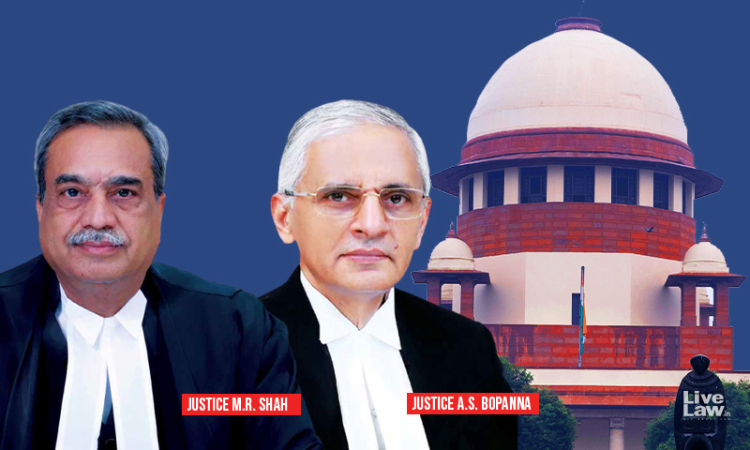The Supreme Court on Saturday (13th November) held that two persons cannot be appointed on one sanctioned post as the same would impose a serious financial burden on the State. A bench comprising Justices M.R. Shah and A.S. Bopanna dismissed a petition filed by the appellants, three Stenographers in the judgeship of Moradabad, whose appointments had been initially quashed by the...

